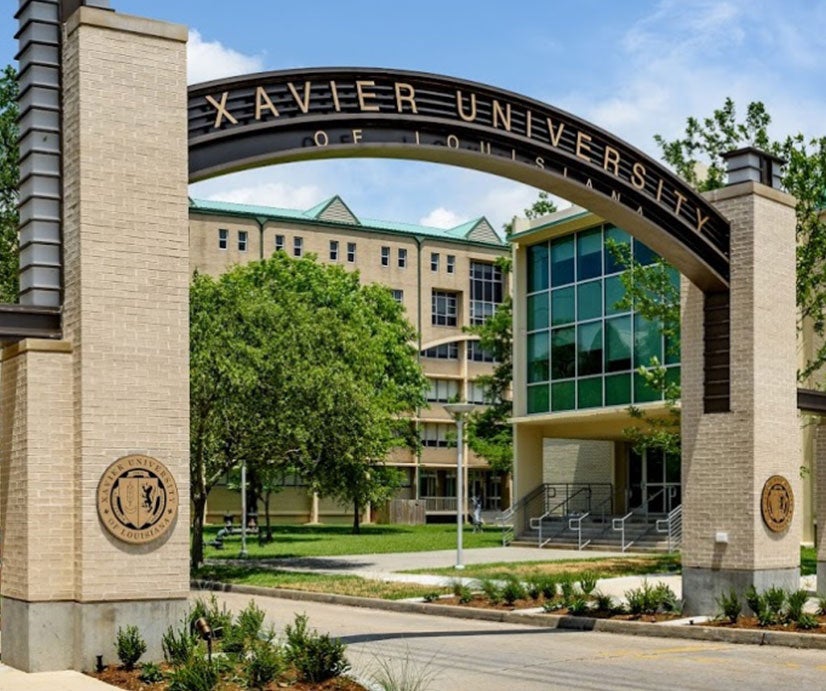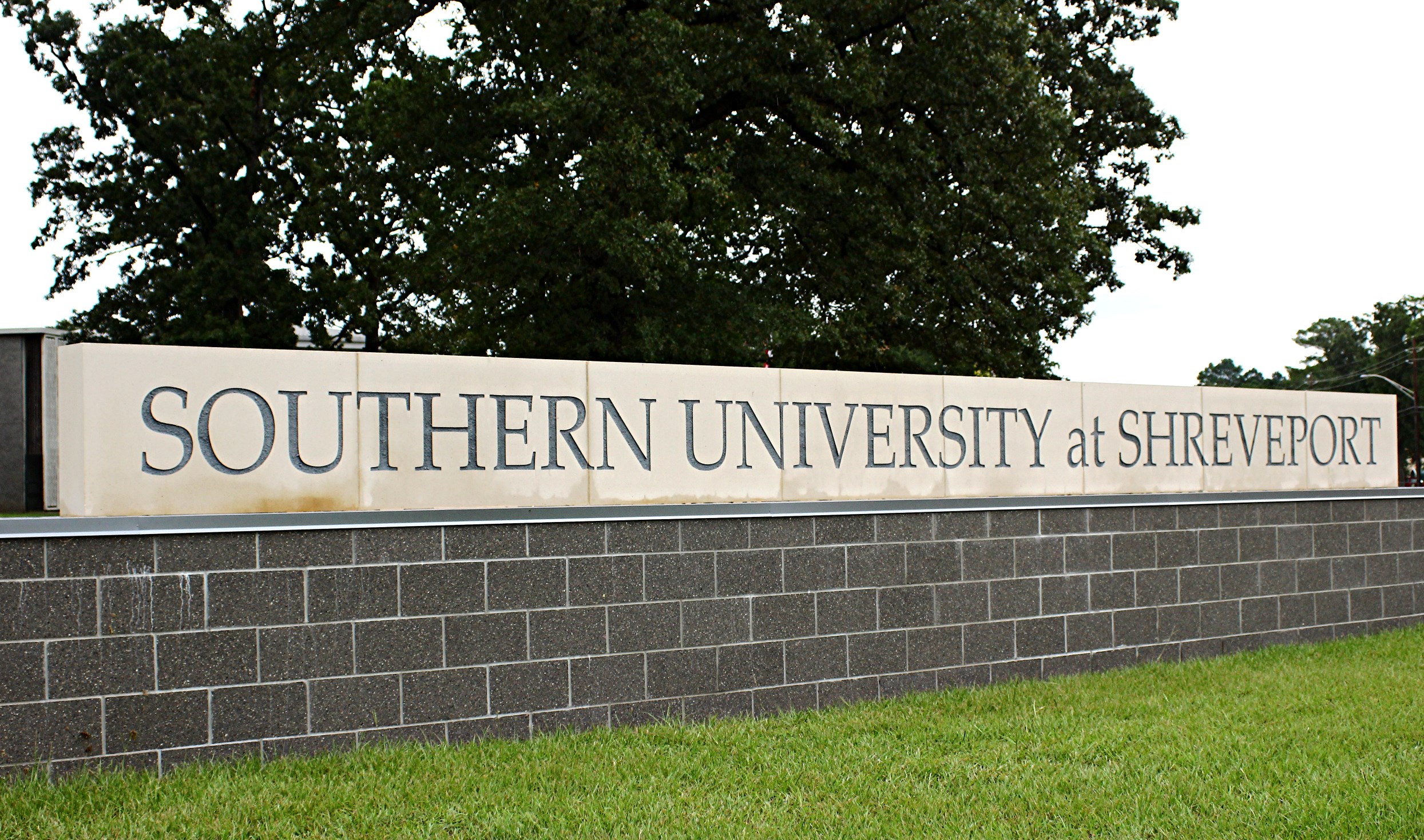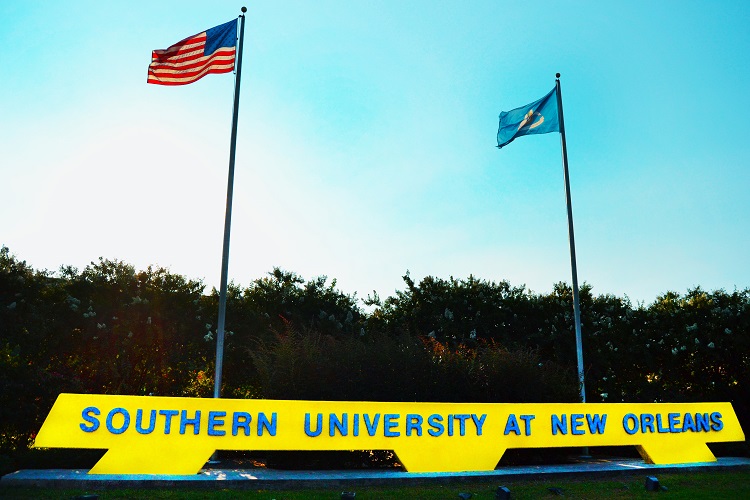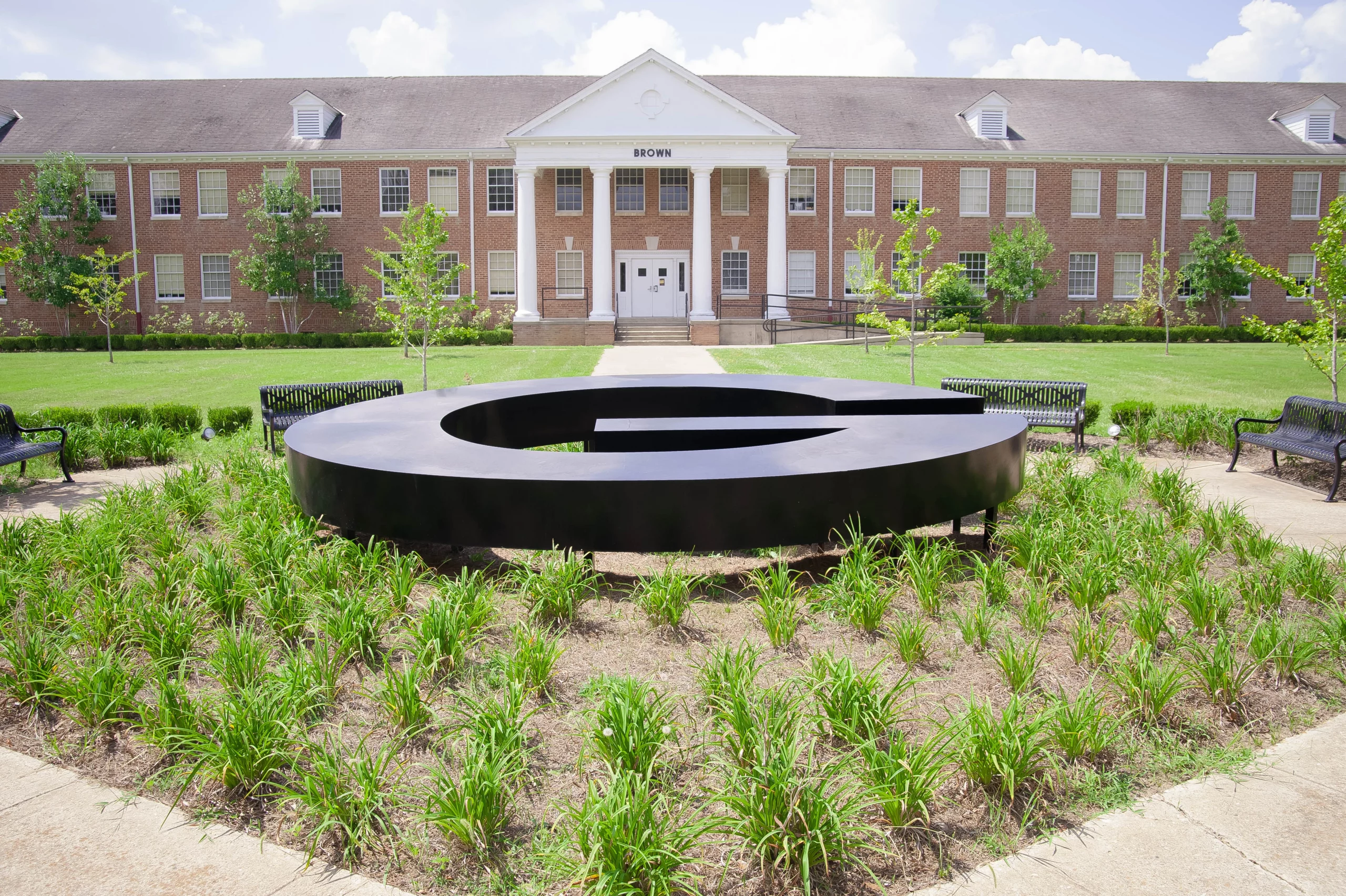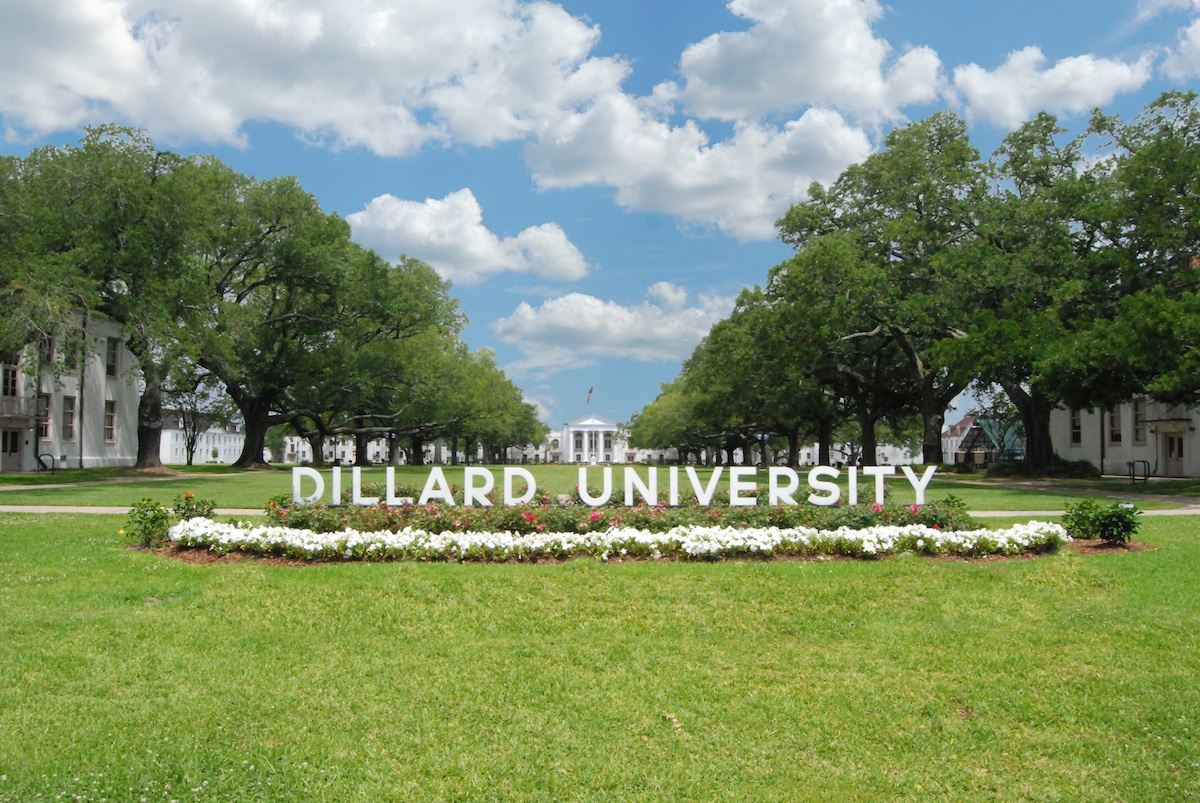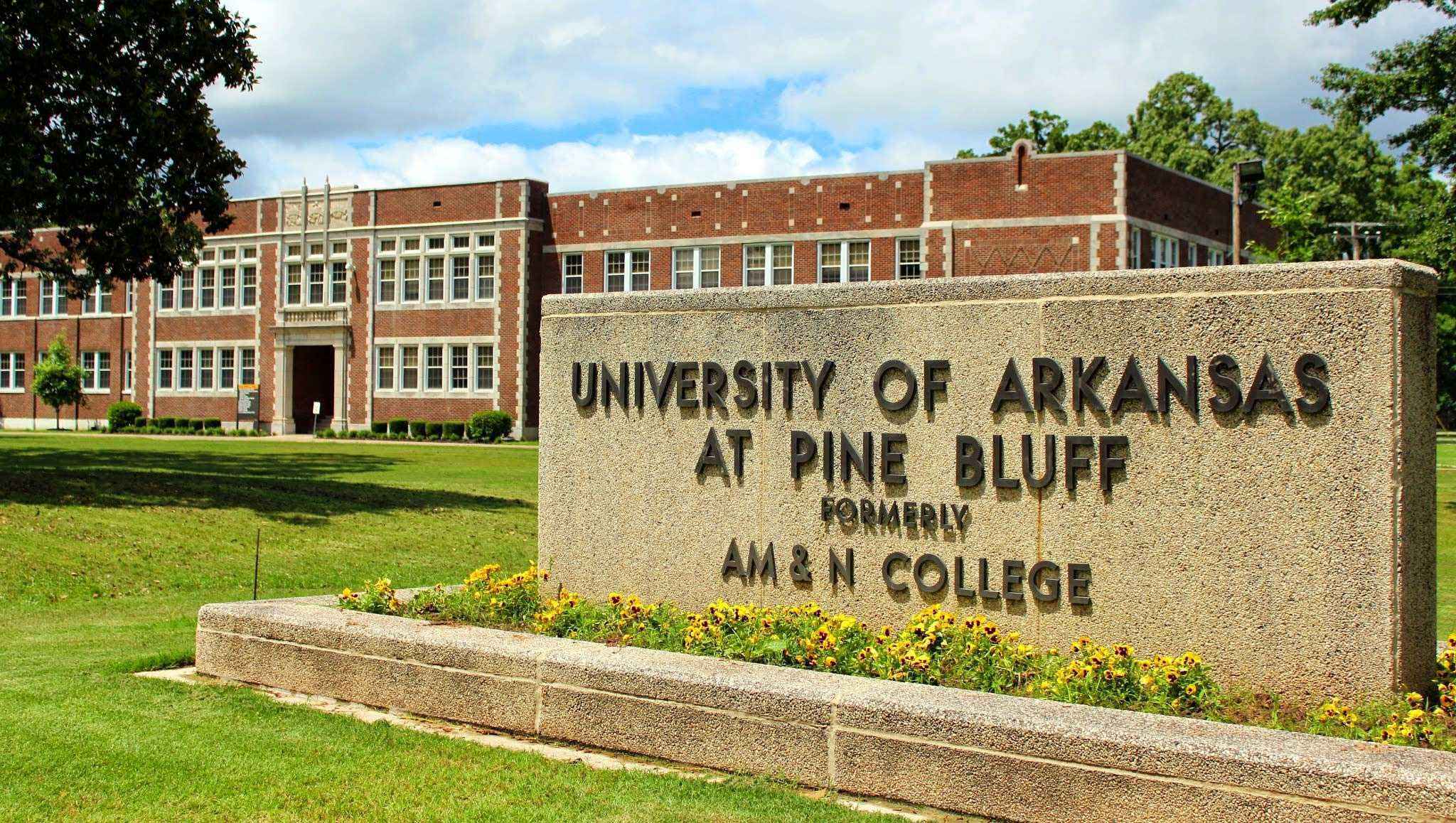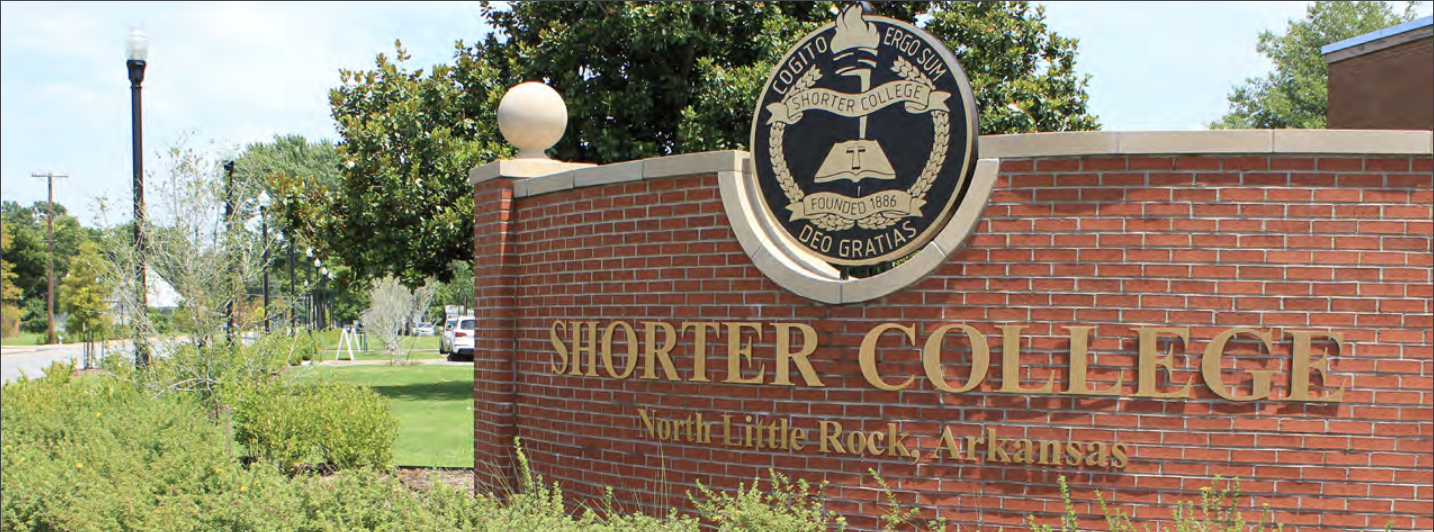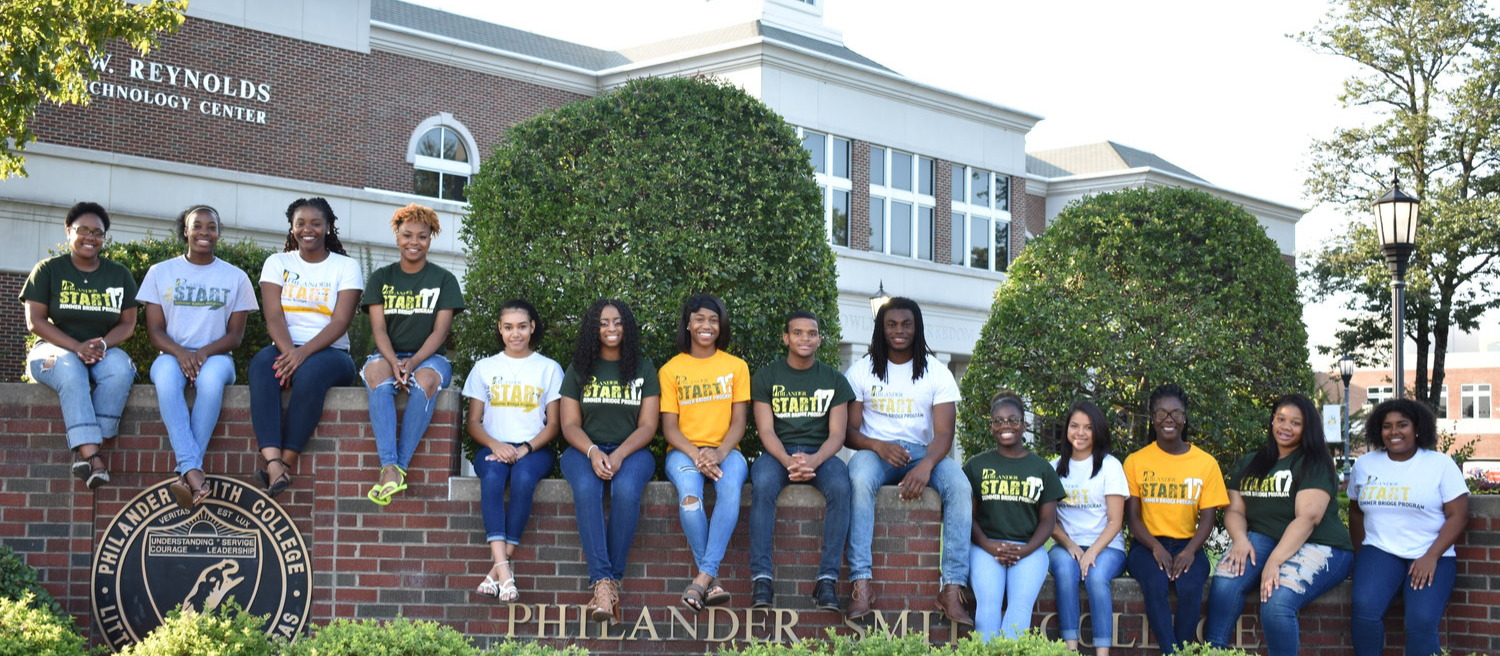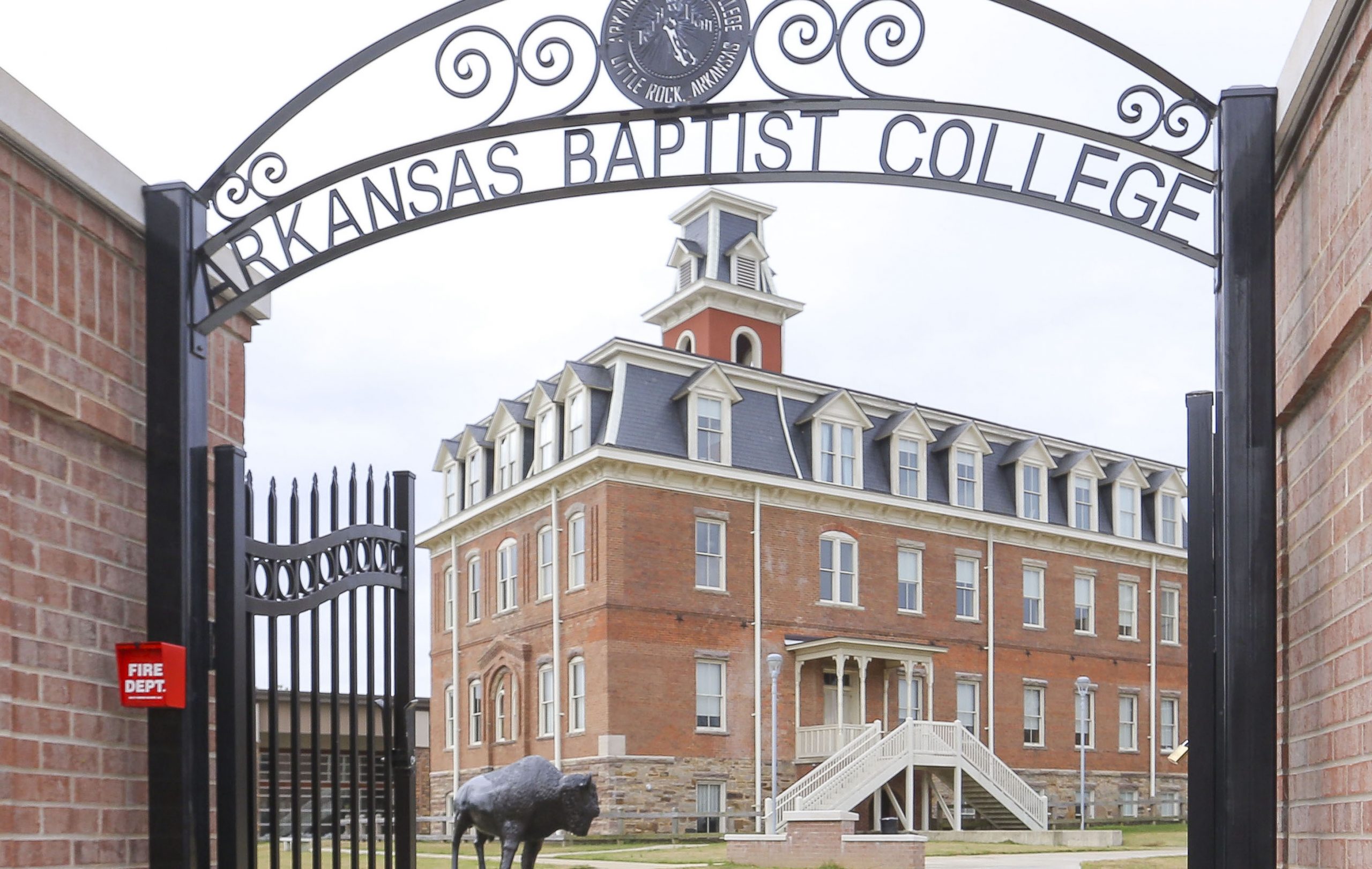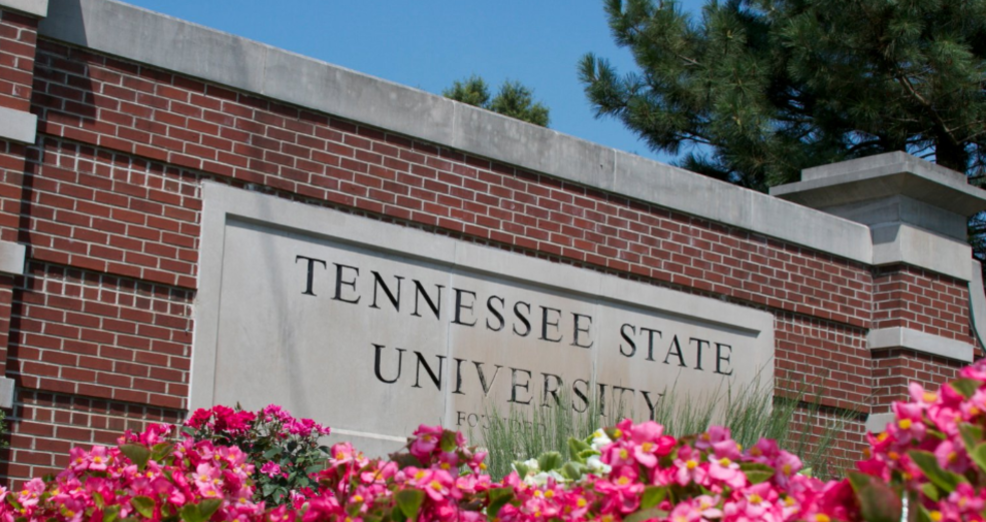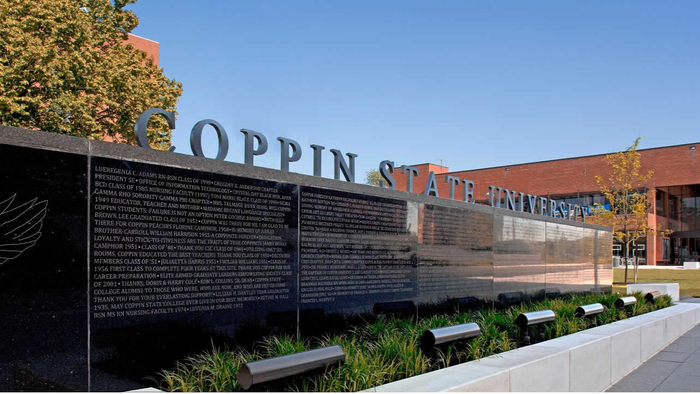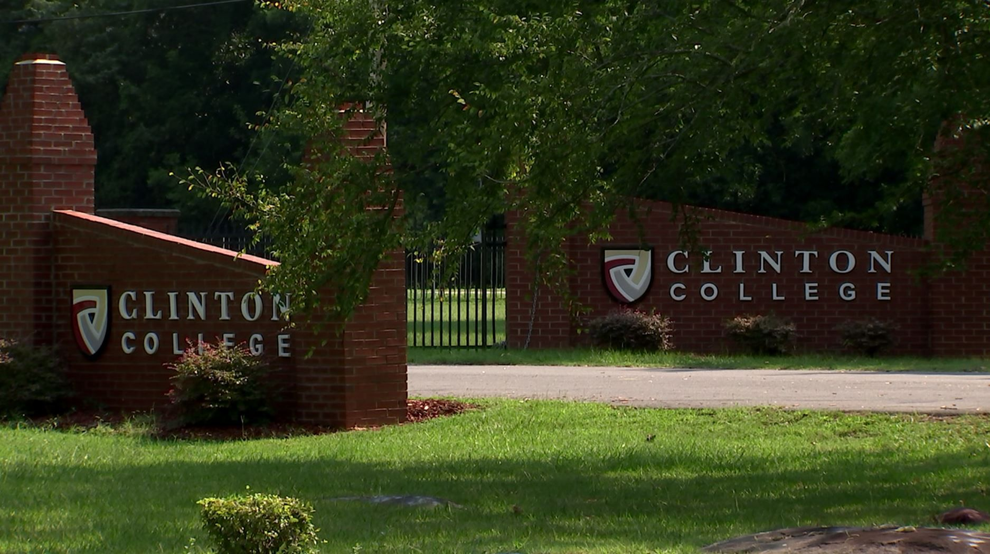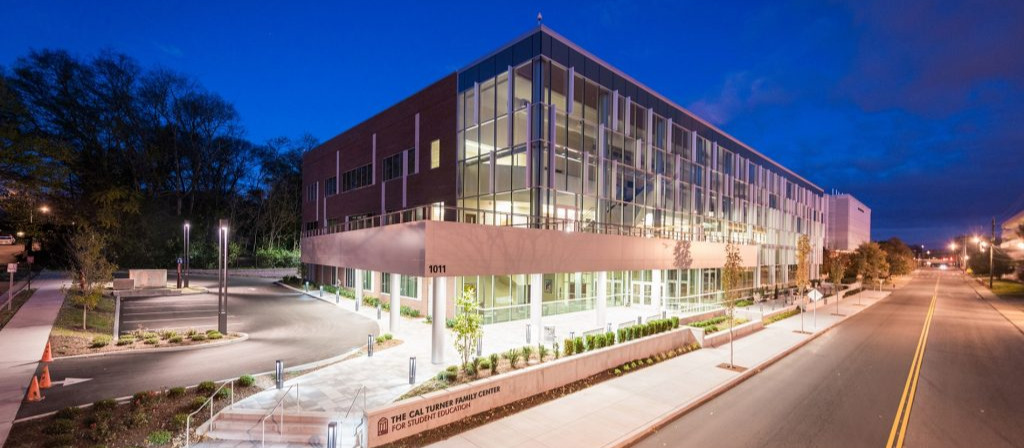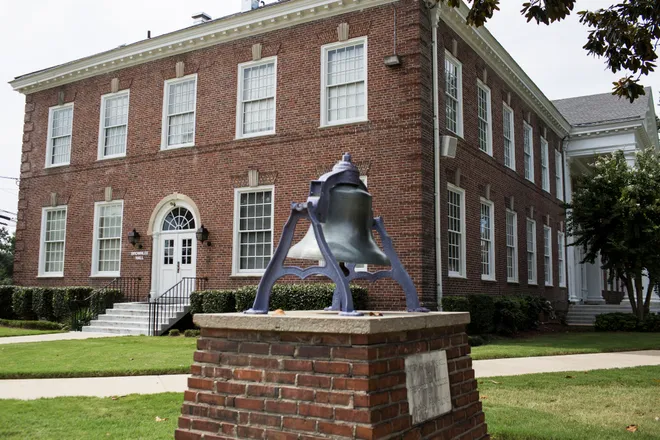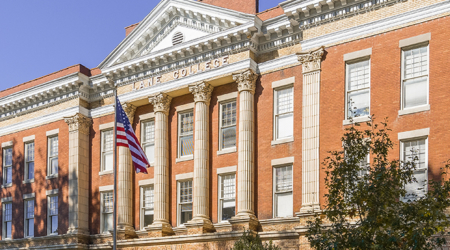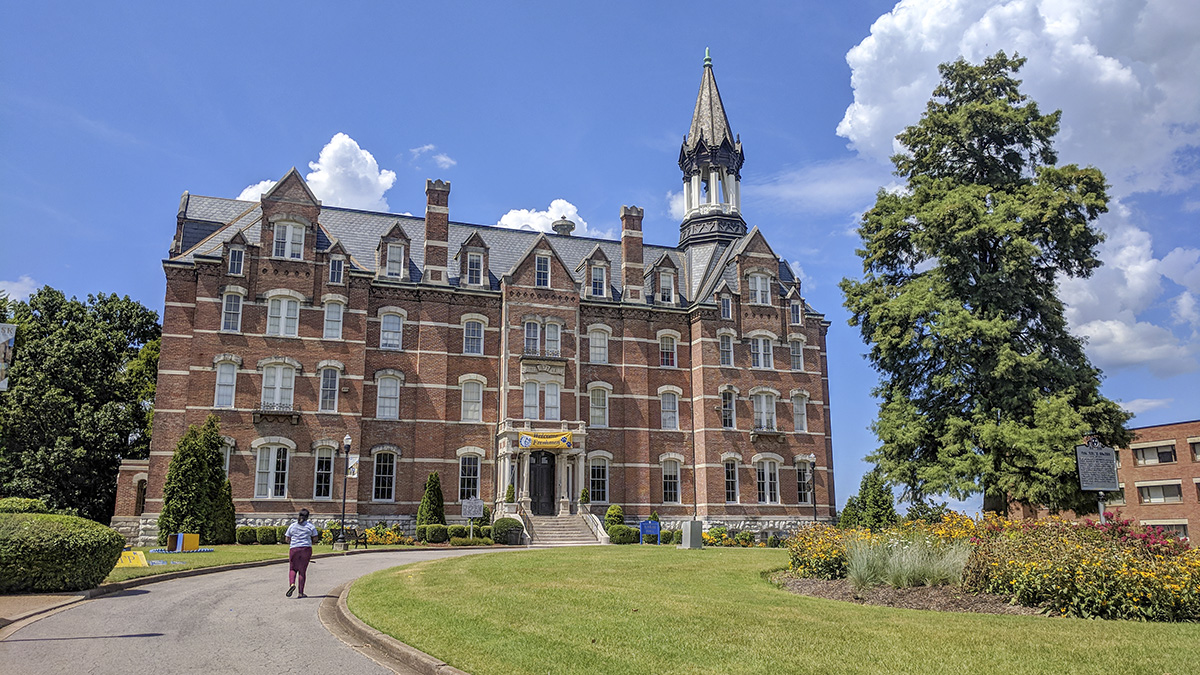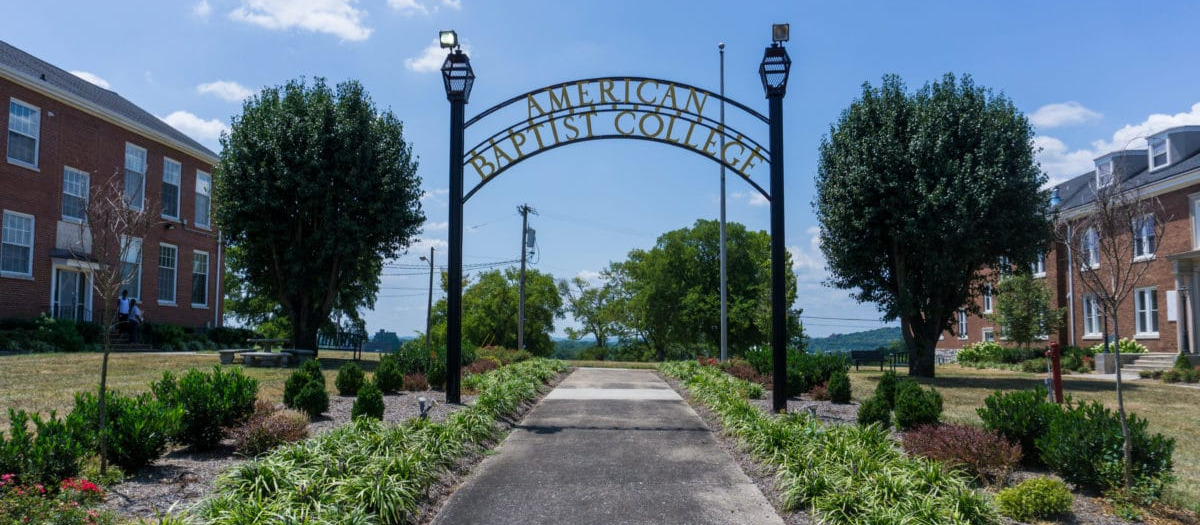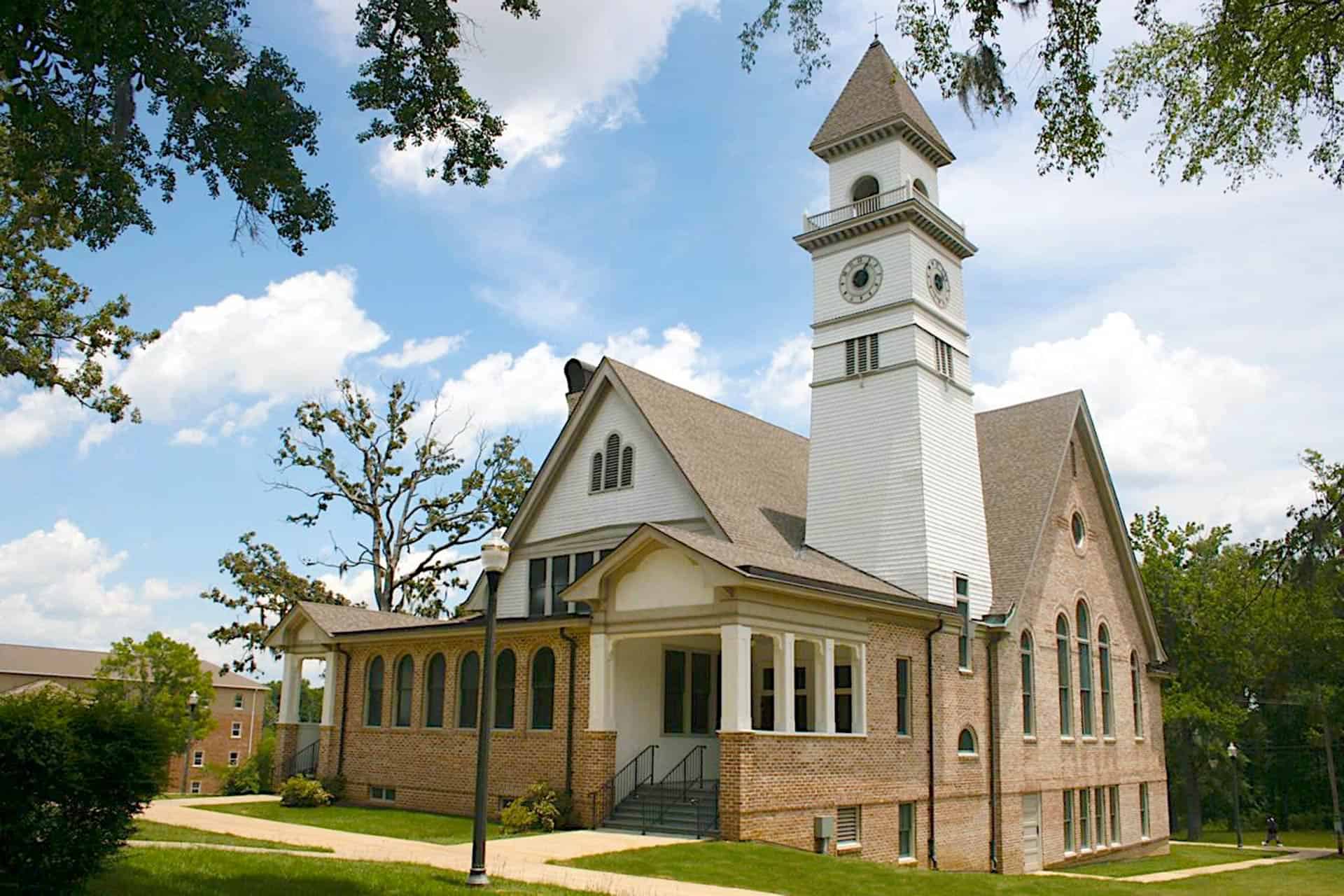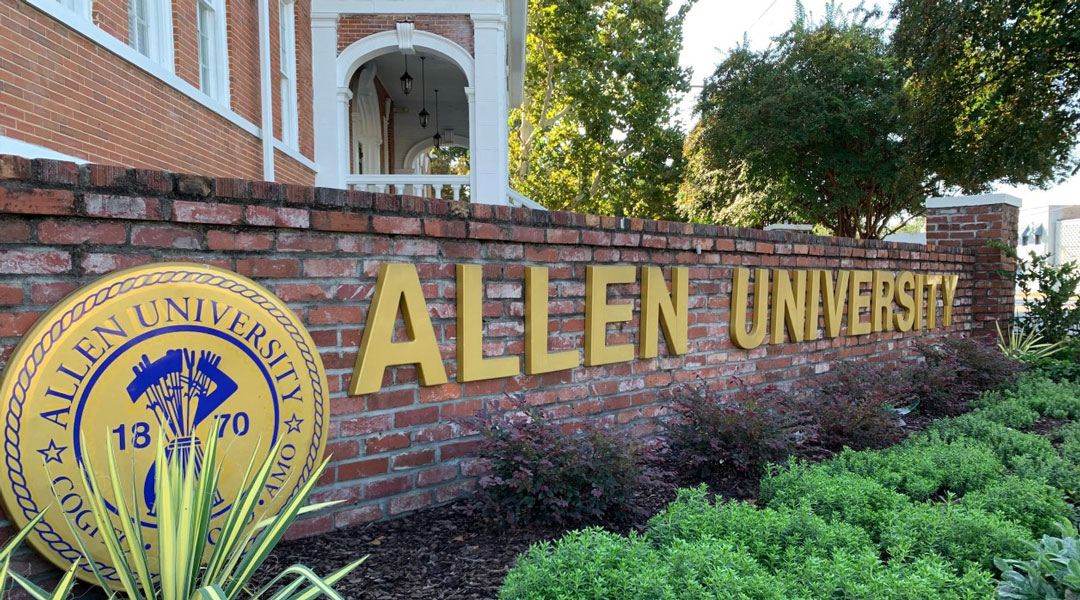
Explore HBCU – Allen University
Allen University is a public, liberal arts, Christian, historically Black university located in Columbia, South Carolina.
Background
In 1870, Allen University was founded by the African Methodist Episcopal (AME) Church. Under the leadership of Bishop John M. Brown, a 150-acre stretch of land was purchased in historic Cokesbury, South Carolina. At the Annual Conference, the deed for the land and buildings were presented and the institute was named in honor of Daniel Alexander Payne, an apostle of Black education in the United States. For the first 10 years since the school’s inception the school prospered in its original mission to develop an educated Black clergy in the face of discrimination and violent opposition.
In 1880, delegates at the Annual Conference agreed on the need for a more centralized location for the Payne Institute and voted to move it to Columbia, SC. The institute was renamed Allen University to honor Bishop Richard Allen, the founder of the AME Church, and Theological and Law Departments were subsequently formed. While the school curriculum originally made it possible for students to enter Allen in the first grade and leave as fully trained ministers, lawyers, and educators, by 1933 the high school was closed and the University would only accept students who had acquired a secondary high school education. In 1930, the Department of Science was formed, which was then followed by the Department of Languages, then Humanities, Philosophy, Psychology, and Religion in the 1940s.
By the 1980s, Allen worked to pursue regional accreditation and construction improvements. This included the building of the John Hurst Adams Gym and the Williams Residence Halls as well as the restoration of Arnett Hall and Chappelle Auditorium and Gallery. In addition Allen received its first accreditation by the Southern Association of Colleges and Schools Commission on Colleges (SACSCOC) in the 90s along with several restoration projects that followed into the early 2000s, making Allen University the school it is today.
Programs & Opportunities
Through targeted, individually expansive areas of study, Allen University is an academic community which provides students with an opportunity to obtain baccalaureate and graduate degrees in liberal arts and professional programs through traditional and distance learning educational formats.
Allen University is host to a Division of Mathematics and Natural Sciences which offer Bachelor of Science degrees in Biology and/or Mathematics (concentrations vary); a Division of Business, Education, and Social Sciences which offer Bachelor of Science degrees in Business Administration, Sports Management, Social Science, Criminal Justice, and Elementary Education (concentrations vary); a Division of Arts and Humanities which offer Bachelor of Arts degrees in English and Music (concentrations vary); and the Dickerson-Green Theological Seminary which is a graduate theological institution that works to equip students to become leaders in Christian congregational life and other settings.
Learn more about Allen University’s education offerings here.
Alumni Affairs
At Allen University, students are exposed to curricula that follow a Total Life Curriculum model, which works towards the preparation of the whole person for life service.
Some notable alumni include, but are not limited to:
- Reverend Clementa Carlos Pinckney, a pastor and politician who served as a Democratic member of the South Carolina Senate, graduated Magna Cum Laude with a Bachelor’s degree in Business Administration from Allen University.
- Lewis Carnegie Dowdy, educator, and chancellor and the sixth president of North Carolina Agricultural and Technical State University, was a cum laude graduate of Allen University.
- Reverend Joseph Armstrong DeLaine, a Methodist minister and civil rights leader in the struggle to break down the barricade of segregation, earned his Bachelor’s degree from Allen University.
Financial Information
Allen University strives to offer a quality education at an affordable price without excessive fees, with a tuition of $6,270 per semester and $13,340 per academic year. For students taking more than 18 credit hours, a charge of $500 for each additional credit hour is appended. For students taking part in on-campus housing, room and board is $3,947 per semester or $7,894 per academic year.
The Office of Financial Aid (OFA) provides assistance to students and families in the forms of federal, state, and private resources to help meet the costs of education as much as possible.
Conclusion
Today, Allen University is engaged in the tradition of Bishop Richard Allen, continuing to teach the mind to think, the heart to love, and the hands to work.
Learn more about Allen University here.
Sources
- https://www.findmyhbcu.org/school/allen-university/
- https://allenuniversity.edu/our-history
- https://allenuniversity.edu/majors-and-concentrations
- https://www.legacy.com/us/obituaries/thestate/name/clementa-pinckney-obituary?id=7978079
- http://crdl.usg.edu/people/d/dowdy_lewis_c_lewis_carnegie/?Welcome
- https://scafricanamerican.com/honorees/rev-joseph-a-delaine/
- https://allenuniversity.edu/cost-of-attendance
- https://allenuniversity.edu/fa-overview
Pictures
- Allen University Logo: https://allenuniversity.edu/
- Allen University Building: https://allenuniversity.edu/
- Allen University Graduate: https://allenuniversity.edu/
- Allen University Sign: https://carolinanewsandreporter.cic.sc.edu/author/hannah-wade/

